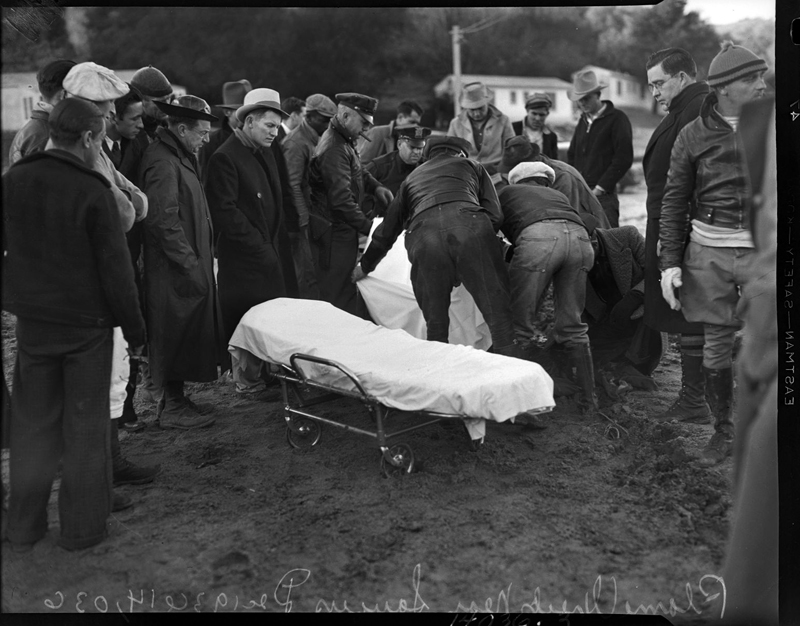LOS ANGELES – Freelance journalists in California have lost job opportunities and seen their First Amendment rights violated under a new law meant to help freelancers in the tech and ride-hail industries, but state officials argue any setbacks reporters experience are not attacks on anyone’s speech.
Attorneys for the American Society of Journalists and Authors and the National Press Photographers Association, who filed a lawsuit late last year in the Central District of California, argue a preliminary injunction would provide relief for its members and freelance journalists across the Golden State and they are not seeking a “wholesale change of the law.”
Assembly Bill 5 took effect in January and was meant to provide workers protections they normally would not enjoy from an employer because they would be classified as independent contractors. Tech companies like Uber, Lyft and DoorDash who rely on contract drivers and other staff mounted a large showing of opposition to the law.
The new law folds in professional freelancers into an employer’s obligations for disability insurance, paid family leave, sick leave and workers’ compensation taxes. And according to the plaintiff organizations, this makes a freelancer’s work more expensive and unattractive to an employer.
The journalist organizations’ attorney James Manley with Pacific Legal Foundation argued before U.S. District Judge Philip Gutierrez on Wednesday that AB 5 specifically impacts journalists.
While legislators carved out several exemptions for jobs like manicurists, graphic designers, travel agents and marketers, the exemptions for photographers, writers, editors and newspaper cartoonists include a caveat of 35-piece cap per client for those freelancers. Videos, on the other hand, are excluded.
Manley said the only way to know if something is specifically affected is to look at what is produced. Does it fall into a marketing bucket or a journalism bucket? One is afforded the exemption while the other hits the cap, Manley said.
Arguing for the state, Deputy Attorney General Jose Zelidon-Zepeda said the plaintiffs talk about restricting speech, but AB 5 does not ban anything outright and the issue is a matter of employment.
Gutierrez said if a freelancer was to make content and hit that 35-piece cap, they’re not banned from creating future content but “it starts smelling like you’re an employer and not a contractor.”
Manley said the law singles out journalists and the plaintiffs only seek to lift the content cap and the exemption that excludes videos.
“We’re not asking for a wholesale change to the law,” said Manley.
In court documents, plaintiffs have argued the limits on the definition of professional services based on who uses video as a medium of expression limits other forms of journalism.
Gutierrez did not give any hint on which direction he was leaning and gave no indication when his ruling would be issued.
Like this:
Like Loading...
Related





 Tweet This
Tweet This Facebook
Facebook Digg This
Digg This Bookmark
Bookmark Stumble
Stumble RSS
RSS


























REAL NAMES ONLY: All posters must use their real individual or business name. This applies equally to Twitter account holders who use a nickname.
0 Comments
You can be the first one to leave a comment.